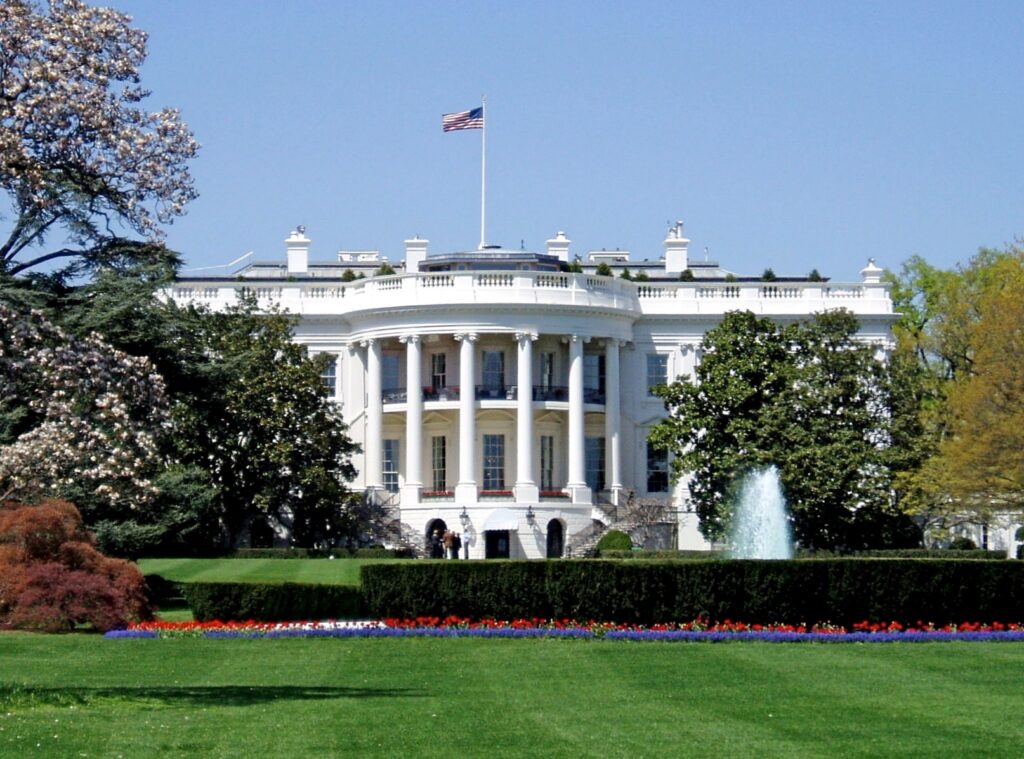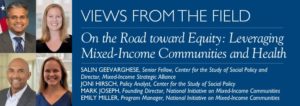The Final Reconciliation Package: Implementation of Key Provisions
On July 4, 2025, H.R. 1, the One Big Beautiful Bill Act, was signed into law. The implementation dates for key health care provisions in the law vary, with some taking effect immediately upon passage and others being implemented over several years. This resource details key dates for the implementation of the law’s most significant health care provisions.
Deadlines in Health-Related Executive Orders and Presidential Memoranda
This GIH policy resource details many of the health-related executive orders issued by the administration and includes a calendar of upcoming deadlines for when those orders are expected to be implemented.
Beyond the Exam Room: Impacting Health Outcomes Through Civic Engagement
August marks Civic Health Month, a time to showcase the link between voting and health and celebrate efforts that ensure every voter can support their community’s health at the ballot box. At the same time, the United States is grappling with a health care system ranked 37th globally despite consuming 17 percent of the country’s GDP. With 26 million Americans uninsured and 43 million underinsured, the gap in access to care continues to widen. This crisis will deepen as critical ACA subsidies expire at the end of 2025, potentially leaving 3.8 million more Americans without coverage, in addition to new federal cuts to Medicaid and changes to how coverage is accessed through the health insurance marketplace, which could result in as many as 20 million Americans losing their health insurance.
RCHN Community Health Foundation: August 2019
Building on estimates of coverage losses among Medicaid beneficiaries subject to work experiments, the new brief presents estimates of the potential impact of Medicaid work experiments on beneficiaries who are patients of health centers, and ultimately, the implications for health centers and the wider communities they serve.
Montana Healthcare Foundation: August 2019
These reports focus on Montana’s Medicaid program and recommend ways to strengthen the state’s benefit package as it relates to homelessness, detailing the business case for doing so.
Episcopal Health Foundation: August 2019
Texans say health care is the toughest living expense for them to afford. More than half (55 percent) of Texans say it’s difficult for them to pay for health care, including more than a quarter (27 percent) who say it’s “very difficult.”
Foundation for Opioid Response Efforts RFP: August 2019
Inaugural grants will fund projects at the national, state, and community levels focused on innovative and creative ways to remove barriers to treatments and improve services across the continuum of care.
Cone Health Foundation and Kate B. Reynolds Charitable Trust: August 2019
The analysis updates a 2014 report, providing a county-by-county look at the number of jobs, new Medicaid enrollees and economic growth that would result from the state expanding Medicaid.



